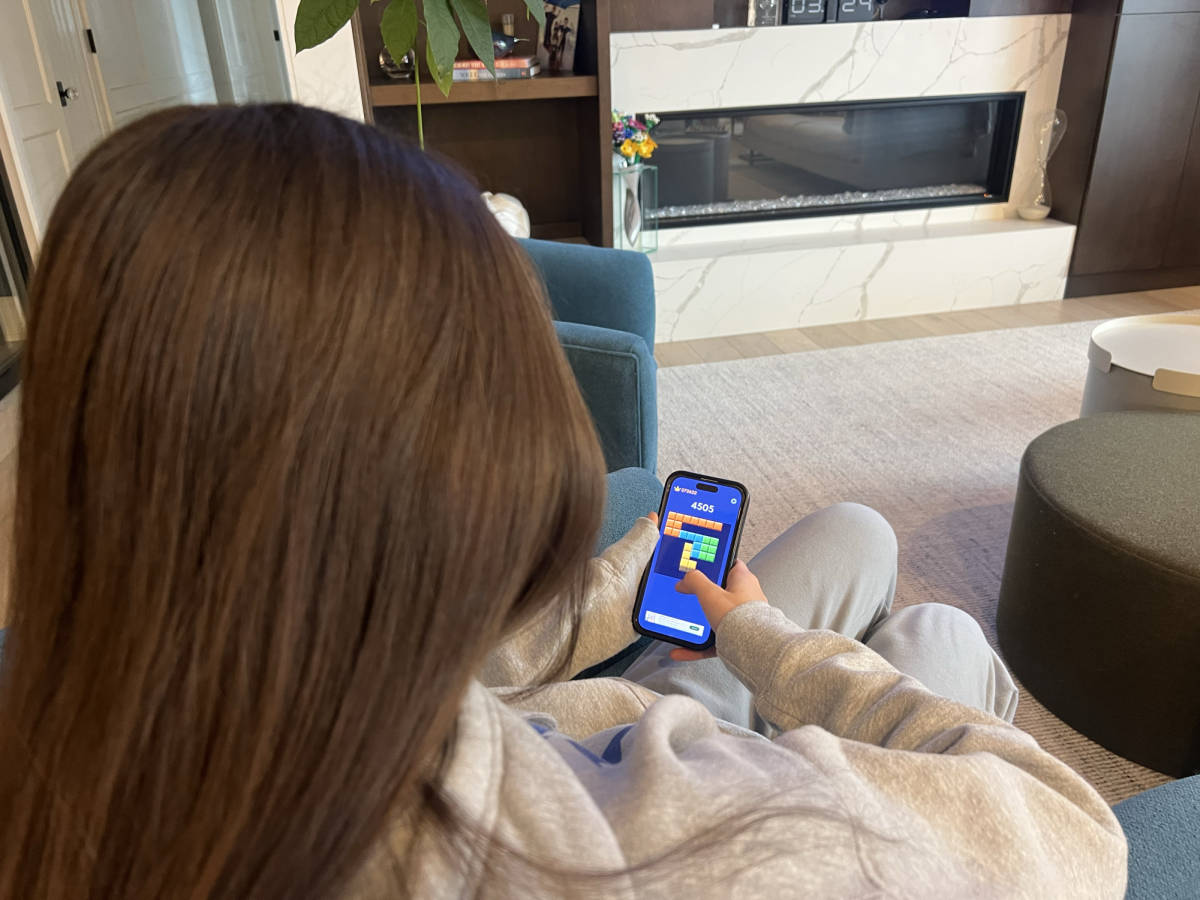Lauren Salzman When you think of choosing a language to study, what’s the first thing that comes to mind? Ruby? JavaScript? Python? Probably not, because all of the aforementioned languages are programming languages. Across the country, there is a debate escalating about whether computer science should be counted as a language credit. Should we be able to take computer science instead of a traditional language like French or Spanish? This debate has been popping up in schools everywhere, and even in state legislature. “There are a lot of interesting similarities between learning a natural language and a programming language,” explains Ms. Hansberry, one of Latin’s computer science teachers. Both genres of languages require the student to learn new vocabulary, both have grammar and syntax, and both require knowing the rules behind the language. In our world with technology at the forefront, having students take computer science can better help them prepare for technology-related jobs after college. Even non-STEM jobs are starting to acquire more STEM employees, due to the many applications of math, engineering, and computer science. Ms. Hansberry comments that “[she has] also heard the argument that knowing how to program is just as useful (or even more useful, depending on who you ask) as knowing another language, so students should be given the option to learn this… skill set instead.” This also offers a way for students who have speech disabilities or impediments to still be involved in a language program. It is undeniable that millennials interact with technology and code more than their parents. However, if this debate is taken to state courts, their parents are the ones who are making the decisions. The generational need for languages is evolving. While generation X, the post baby boomer generation, never thought of computer science surpassing natural language in importance, millennials have a different perspective on what it means to communicate through language and technology. But is making computer science count as a language credit the best way to do this? Ms. Hansberry remarks, “I ultimately, however, don’t think it’s a good idea to offer computer science as a language. I have a bunch of reasons why. The first is that computer science is a lot more than just learning a programming language. Depending on the topic, studying computer science has just as much in common with studying math or chemistry as it does language. In addition to learning programming languages, in computer science you also learn how computers and their software work, how to encode data in a digital format, how to design and analyze algorithms for solving problems, different tools for writing software, how the internet and networking works, etc.” At Latin, students already have busy schedules with mandatory requirements, along with a seemingly endless list of elective they wish to take but have trouble fitting in. In an ideal world, computer science would be a mandatory class, but placing another required class would lead to more stress, strain, and less choice in one’s schedule. “For schools that want to find a way to encourage and allow more students to take computer science classes, allowing them to take it instead of a language will free up time in their schedule to do so,” says Ms. Hansberry. This is the main reason that some argue computer science should be fulfill a language credit – so it is more accessible. But Ms. Hansberry ultimately explains that computer science is not a natural language, but rather an invented one, and should not be an option for fulfilling a language requirement. “There is a lot of value in learning a natural language,” she says, “Human brains learn natural languages in a different way than they learn invented languages. People who study the brain and language think that learning a natural language is a unique process.” For example, an invented language, called Esperanto is the most widely spoken constructed language in the world. Some children have adopted it as their second language, but studies have shown that children learn this language differently than they would a natural language. Although the reasons are not known, the evolution of language is natural to humans and has a cultural component that is not available with constructed languages, such as Esperanto and those you learn in computer programming. The struggle with having computer science as an elective, is that many students are not able to fit it into their schedules and thus do not realize and reap the benefits of learning to code. With new programs such as Girls Who Code, and Codecademy, and the increase in jobs that require STEM professionals, new generations will most likely grow up with coding as a significant part of their education. In fact, the Lower School computer science program has introduced coding as part of its curriculum. But for current high schoolers, who are growing up as coding is starting to take center stage, it is challenging to find a place for it to fit. So instead of taking computer science in lieu of Chinese or Latin, the goal is to find time in your schedule to keep up with this evolving language – whether that be teaching yourself online, going to a computer science summer program, or signing up to take a class with Ms. Hansberry.]]>
Categories:
Is Computer Science a Language?
April 15, 2017
0



















































